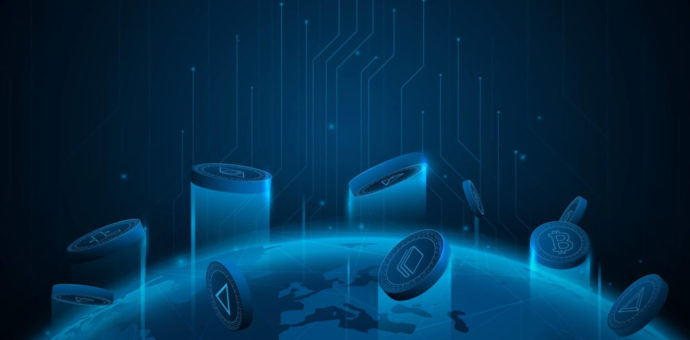Can an aged Brazilian brandy, called ‘cachaça’, become an NFT token? What about family emeralds? What about the candy cart in front of the school? Behind the hype created around tokenizing assets, there is a critical discussion: can tokens be the connection to the real world so that everyone understands crypto assets? At Rio Crypto Day, the topic was popular with the audience and among experts.
NFT, the acronym for Non-Fungible Tokens, was, in fact, the most searched word on Google in 2021. During the event, which took place on June 4 in Rio de Janeiro, many were wearing T-shirts of figures from the Bored Ape Yacht Club, a famous collection of NFTs built on the Ethereum network. But if in the audience, the NFT was a success among the companies that attended the event, it is just the beginning of the tokenization process.
One opportunity for tokenization is by dividing the value of the physical asset into small digital parts. “This makes it easier to negotiate and optimizes a process that already exists. It gives transparency to it”, explained Liqi’s marketing coordinator, Gabriel Ferreirinho, during his presentation at Rio Crypto Day. Liqi is responsible for tokenizing several assets, even soccer teams.
More tangible than a fungible token
Daniel Carius, COO of Ribus, believes that existing financial asset tokens such as promissory notes or IOUs are a public gateway to the crypto market. “It’s much more tangible when you bring it into reality than just talking about the solution. Talking about NFT or shares of a token is not close to the reality of standard trading. But the day-to-day of receivables and notes is”, commented Carius.
Ribus works by creating tokens for real estate developments, using them as part of the token’s collateral. This market is seen as promising in the world of tokens and even the Metaverse since it is a way to create digital contracts for the ownership of physical and digital spaces. Ribus allows, for example, people who have participated in construction work on these buildings to earn a share of the profit from the sale of the buildings, houses, and apartments.
The creation of tokens for small businesses is also seen as potential to move blockchain out of the “early adopters” stage. “What people need to understand is that tokenizing is making an asset divisible while maintaining its authenticity”, Carius explained. For him, once the “offline” market understands this, the growth potential is gigantic.
The executive used the example of a freelance professional who sells candies. Using the tokens, he could also transform his network of loyal consumers into participants in the business. And, with the funds from the sales of these tokens, he would raise money to expand the business. Ferreirinho points out that the democratization of crypto assets will happen in parallel with the increase in asset varieties on the market, and tokens are the best way to stimulate this process.
We already have the answer to at least one of the questions in the beginning. Can the cachaça become an NFT token? Liqi said no to the question. “Everything can be tokenized, but it doesn’t mean that everything should be tokenized”, said Ferreirinho.







